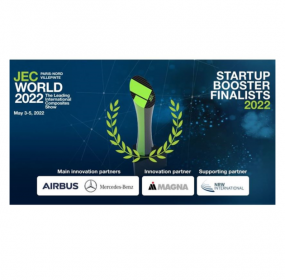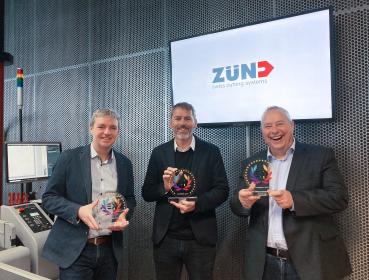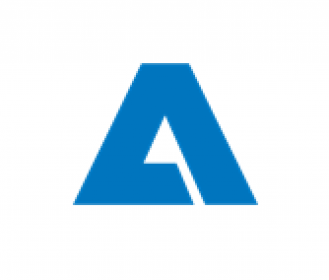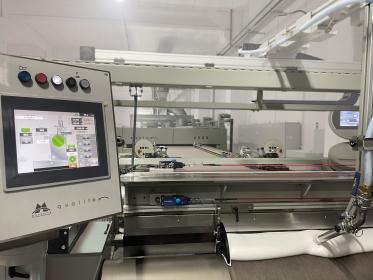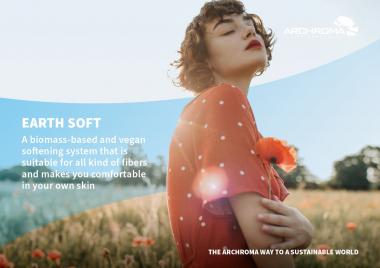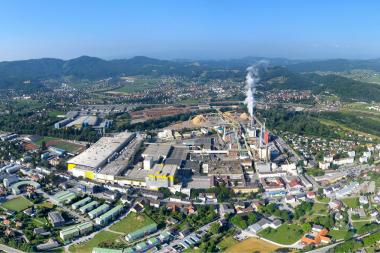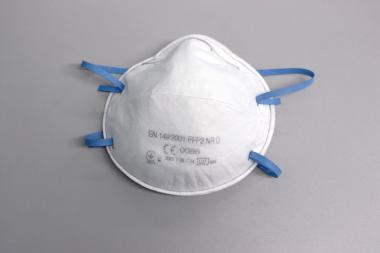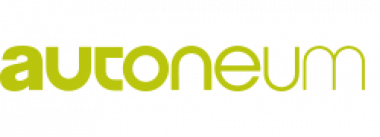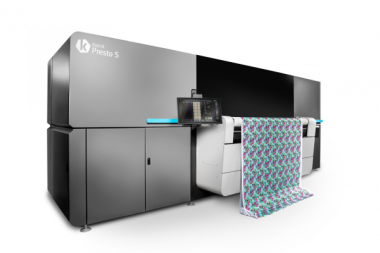Renewable Carbon as a Guiding Principle for Sustainable Carbon Cycles
- Renewable Carbon Initiative (RCI) published a strategy paper on the defossilisation of the chemical and material industry with eleven policy recommendations
The Renewable Carbon Initiative, an interest group of more than 30 companies from the wide field of the chemical and material value chains, was founded in 2020 to collaboratively enable the chemical and material industries to tackle the challenges in meeting the climate goals set by the European Union and the sustainability expectations held by societies around the globe.
RCI addresses the core of the climate problem: 72% of anthropogenic climate change is caused directly by extracted fossil carbon from the ground. In order to rapidly mitigate climate change and achieve our global ambition for greenhouse gas emission reductions, the inflow of further fossil carbon from the ground into our system must be reduced as quickly as possible and in large scale.
In the energy and transport sector, this means a vigorous and fast expansion of renewable energies, hydrogen and electromobility, the so-called decarbonisation of these sectors. The EU has already started pushing an ambitious agenda in this space and will continue to do so, for instance with the recently released ‘Fit for 55’ package.
However, these policies have so far largely ignored other industries that extract and use fossil carbon. The chemical and material industries have a high demand for carbon and are essentially only possible with carbon-based feedstocks, as most of their products cannot do without carbon. Unlike energy, these sectors cannot be “decarbonised”, as molecules will always need carbon. The equivalent to decarbonisation via renewable energy in the energy sector is the transition to renewable carbon in the chemical and derived materials industries. Both strategies avoid bringing additional fossil carbon from the ground into the cycle and can be summarised under the term “defossilisation”.
To decouple chemistry from fossil carbon, the key question is which non-fossil carbon sources can be used in the future. Rapid developments in biosciences and chemistry have unlocked novel, renewable and increasingly affordable sources of carbon, which provide us with alternative solutions for a more sustainable chemicals and materials sector. These alternative sources are: biomass, utilisation of CO2 and recycling. They are combined under the term “renewable carbon”. When used as a guiding principle, renewable carbon provides a clear goal to work towards with sufficient room to manoeuvre for the whole sector. It enables the industry to think out of the box of established boundaries and stop the influx of additional fossil carbon from the ground.
The systematic change to renewable carbon will not only require significant efforts from industry, but must be supported by policy measures, technology developments and major investments. In order to implement a rapid and high-volume transition away from fossil carbon, and to demonstrate its impact, a supportive policy framework is essential. The emphasis should be put on sourcing carbon responsibly and in a manner that does not adversely impact the wider planetary boundaries nor undermines societal foundations. An overarching carbon management strategy is required that also takes specific regional and application-related features into account, to identify the most sustainable carbon source from the renewable carbon family. This will allow for a proper organisation of the complex transition from today’s fossil carbon from the ground to renewable energy and to renewable carbon across all industrial sectors.
RCI has developed eleven concrete policy recommendations on renewable carbon, carbon management, support for the transformation of the existing chemical infrastructure and the transformation of biofuel plants into chemical suppliers. The policy paper “Renewable Carbon as a Guiding Principle for Sustainable Carbon Cycles” is freely available for download in both a short version and a long version.
Link for Download: https://renewable-carbon-initiative.com/media/library/
Renewable Carbon Initiative (RCI)











